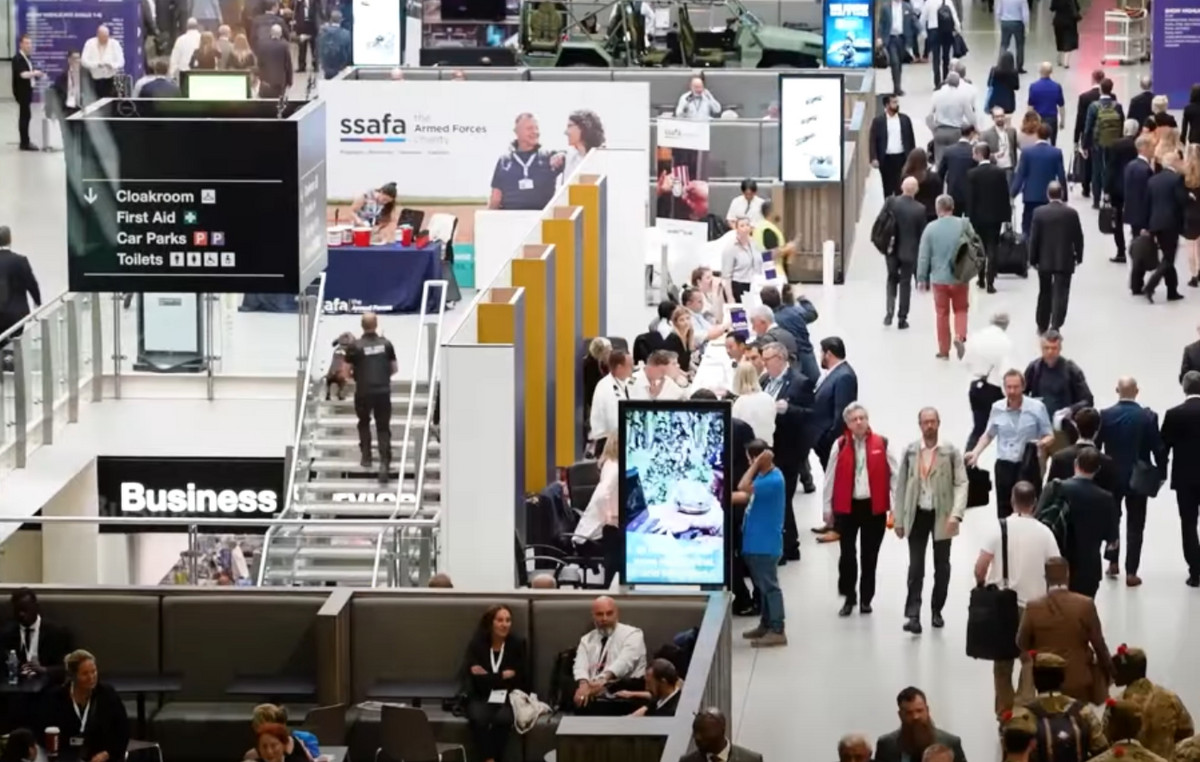One of the largest cruise ships operating in the Mediterranean has become the latest to be hit by a Covid-19 outbreak amid the current global rise in cases of the virus. MSC Cruises confirmed that 45 passengers tested positive for Covid-19 and disembarked from the ship MSC Grandiosa in the Italian port of Genoa, this Monday (3) – less than 1% of the passengers on board.
The ship carried 4,813 passengers and crew members on a round-trip from Civitavecchia to Rome, with scheduled stopovers in Malta and Barcelona during the New Year.
All MSC Cruises crew members and passengers over the age of 12 must be fully vaccinated, while all travelers aged 2 years and over must have a negative test prior to boarding.
In a statement provided to the CNN, MSC Cruises denied Italian media reports of a much larger number of positive Covid-19 cases on board.
The cruise line said the identification and removal of sick passengers demonstrated that its health and safety protocol – which also includes the use of full face masks in indoor public areas – was working. MSC Cruises said the positive passengers and their close contacts were “immediately isolated in cabins with balconies”.
“In line with protocol, we organize transport back home, all done in alignment with health authorities and other relevant authorities,” said the statement from MSC Cruzeiros. Crew members aboard the MSC Grandiosa were tested every other day, while passengers were tested at the beginning and midway through the voyage.
Passengers were also scheduled to be tested at the end of the trip. MSC Grandiosa continued its journey after landing and should return to Rome this Tuesday (4).
Cruises and Covid-19
In the summer of 2020 (June for summer in Europe), the MSC Grandiosa was the first cruise ship to return to the Mediterranean after the global closure of the multi-billion dollar cruise industry.
Since then, cruises have also made a fresh start in the US market, and cruise companies around the world have continued to comply with onboard health and safety requirements – and updated regulations as conditions changed.
The goal, as a spokesperson for the Cruise Lines International Association (CLIA), the industry body that represents the world’s leading cruise lines, told CNN Travel in December, it’s not about preventing the virus from being completely eliminated in places, but controlling its impact.
“Recognizing that Covid will still inevitably occur due to the nature of the pandemic, our members have developed protocols that are designed to prevent, detect and mitigate Covid-19 in a cruising environment,” said a CLIA spokesperson.
Cruise companies also hoped to avoid the chaos that followed in the spring of 2020, when ships infected with the virus were prevented from leaving port.
However, after a string of positives aboard global cruises in recent weeks, some virus-infected ships have been banned from ports – such as the Carnival Freedom ship, which Carnival Cruise Line has confirmed has been rejected on the Caribbean islands of Bonaire and Aruba in December.
And on Dec. 30, the US Centers for Disease Control and Prevention raised the risk level for cruise ship travel to its highest level and said it should be avoided regardless of vaccination status.
The change “reflects the increase in cases aboard cruise ships since the identification of the Ômicron variant,” says the CDC website.
“Since the identification of the Ômicron variant, there has been an increase in the number of Covid-19 cases among cruise passengers and crew reported to the CDC. In addition, there has been an increase in the number of cruise ships serving the Covid-19 case threshold for CDC investigation,” the agency said.
CLIA expressed disappointment with the high level of risk assigned to cruises by the CDC.
“The CDC’s decision to raise the bar for cruise travel is particularly baffling, considering that the cases identified on cruise ships consist of a small minority of the total population on board – far less than on land – and the majority of these cases are asymptomatic or of a moderate nature, posing little or no burden to medical resources on board or ashore,” the industry body said in a statement last week.
This content was originally created in English.
original version
Reference: CNN Brasil
I’m James Harper, a highly experienced and accomplished news writer for World Stock Market. I have been writing in the Politics section of the website for over five years, providing readers with up-to-date and insightful information about current events in politics. My work is widely read and respected by many industry professionals as well as laymen.







